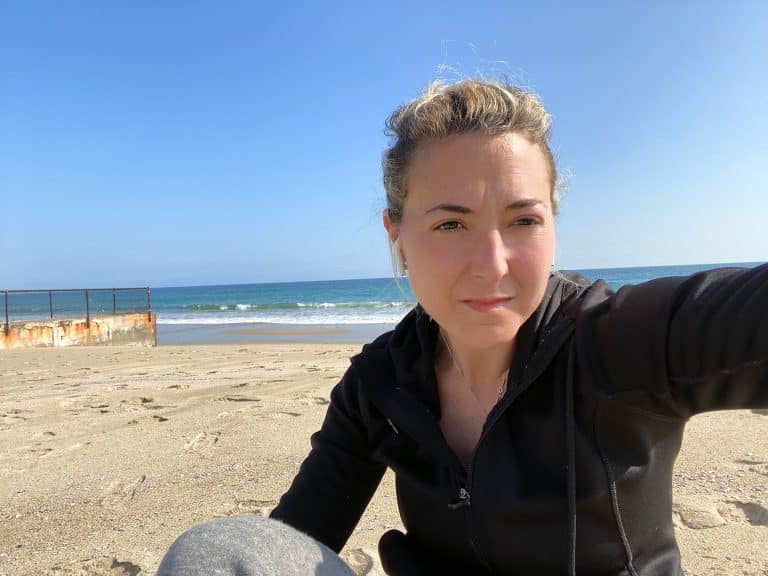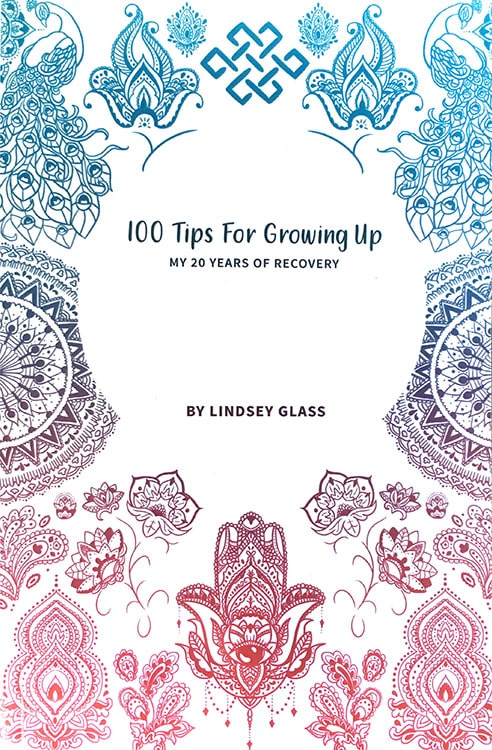Growing Up In Recovery: I Wrote The Book
Why growing up in recovery is not just stopping using. If you stick around recovery groups for a while, you’ll eventually hear someone talk about growing up in recovery. That’s my story. When this all began, I simply needed to get sober and stay sober. What I didn’t realize was that I came into recovery with very few skills that would be helpful for a responsible, adult life. That’s not to say I didn’t have lots of other finely tuned skills, but things like professional accountability, financial responsibility, and emotional stability? Not so much. I was severely lacking the tools for living that could help me navigate the ups-and-downs of life. I might have had 30 years in age when I got sober but I definitely didn’t act like a grown-up.
I Had No Clue That Growing Up In Recovery Would Take Work
My early sobriety was often riddled with setbacks having to do with any of the following: Arguments with friends or family could push me right off the beam. I didn’t really understand how my behavior affected others and I definitely let the behaviors of others dictate my happiness, and how I felt about myself.
When things got complicated or stressful in professional situations I would find some way out, not realizing the inconvenience that caused. I didn’t have the best follow through or ability to take criticism early on and it didn’t serve me well at work.
Growing Up In Recovery: I Needed Help With Finances
Then, when it came to my personal finances, I was always surprised by things like bills and taxes and I was rarely prepared to get them done or paid. In part, because that was not something I had ever learned how to do. I had bookkeepers and accountants from the age of 16. But, by my mid 30s that was something I needed to learn how to do for myself for a bazillion reasons.
Growing Up In Recovery Was Daunting But A Necessary Task
The positive part of this story is, I always wanted to be better and was willing to learn. I also had access to great sponsors, therapists, life coaches, you name it. One of the biggest reasons I became an advocate was to help lawmakers understand that everyone needs access to help and great healthcare, regardless of their insurance situation. Help and support are a key ingredient for the recovery of trauma, addiction, mental health issues and in my case, arrested development.
Growing up In Recovery Requires The Help Of Many
I grew up in recovery with the guidance and support of sponsors, mentors and professionals. I would not have been able to do it without my recovery army and their direction. There were things I would not have been able to hear about myself from family and friends. Breakthroughs I never would have had without professional help and the support of other people in recovery. Knowing I wasn’t alone through this made all the difference. Having friends to walk through it all with also carried me at times.
When I started writing down little gems from my tutelage, I didn’t think more of it than providing some life tips for our audience. When people wrote in asking where it was compiled was the first I considered putting it all together in one place. But, thus was born 100 Tips For Growing Up. If nothing else, I’m glad I did the exercise of putting it all into writing. It honors those who helped me. It honors me that I can do these things today. Complete the task. From concept through execution. Make it a pleasant experience for everyone. Share the information that was freely, and not so freely, given to me.
More Articles To Read About Recovery
Recovery Fitness Is More Than Exercise
Health And Wellness Tips For The Season
The Recovery Lifestyle Is The Answer To Any War On Drugs
How Can Exercise Prevent Relapse
Helpful Tips For Relapse Prevention






















